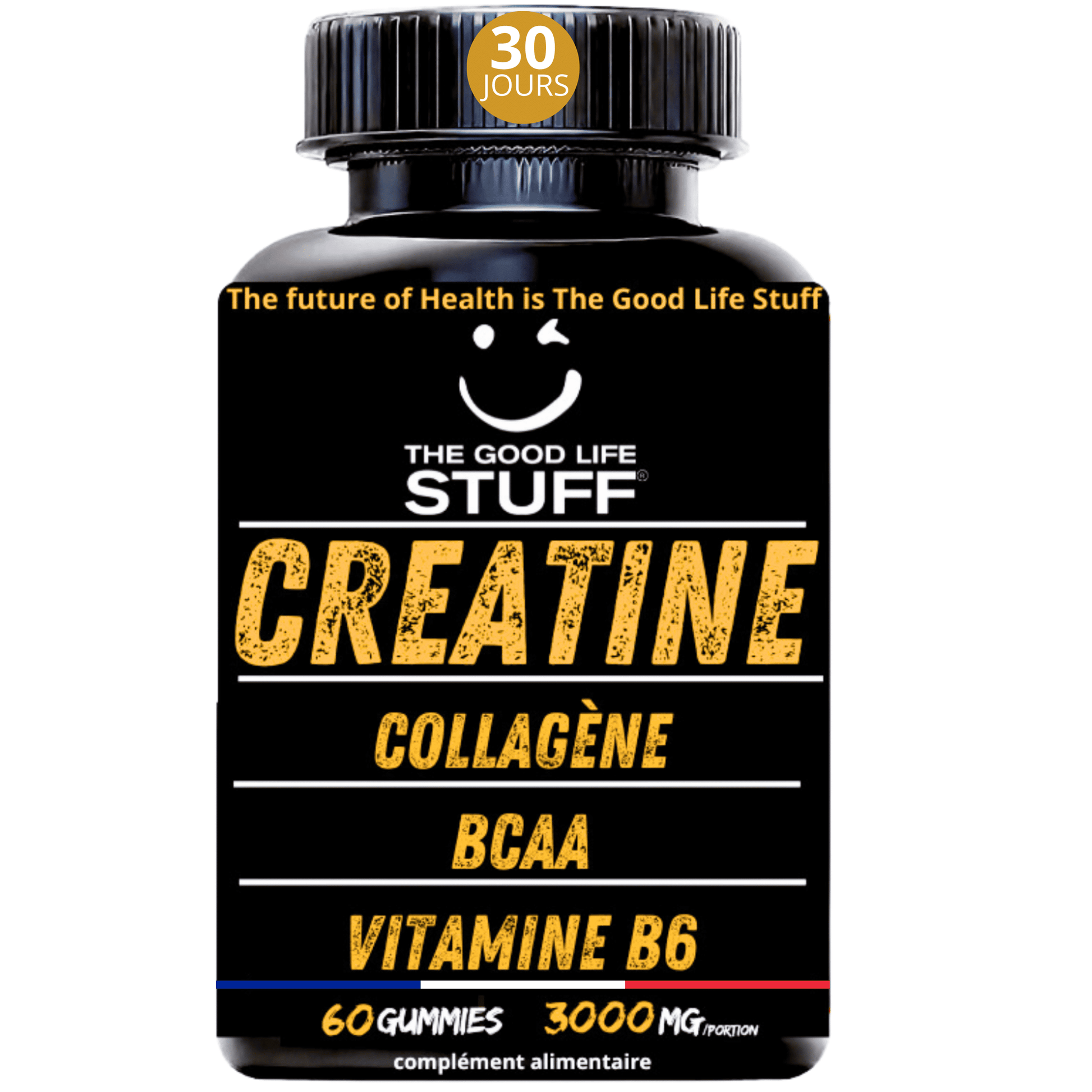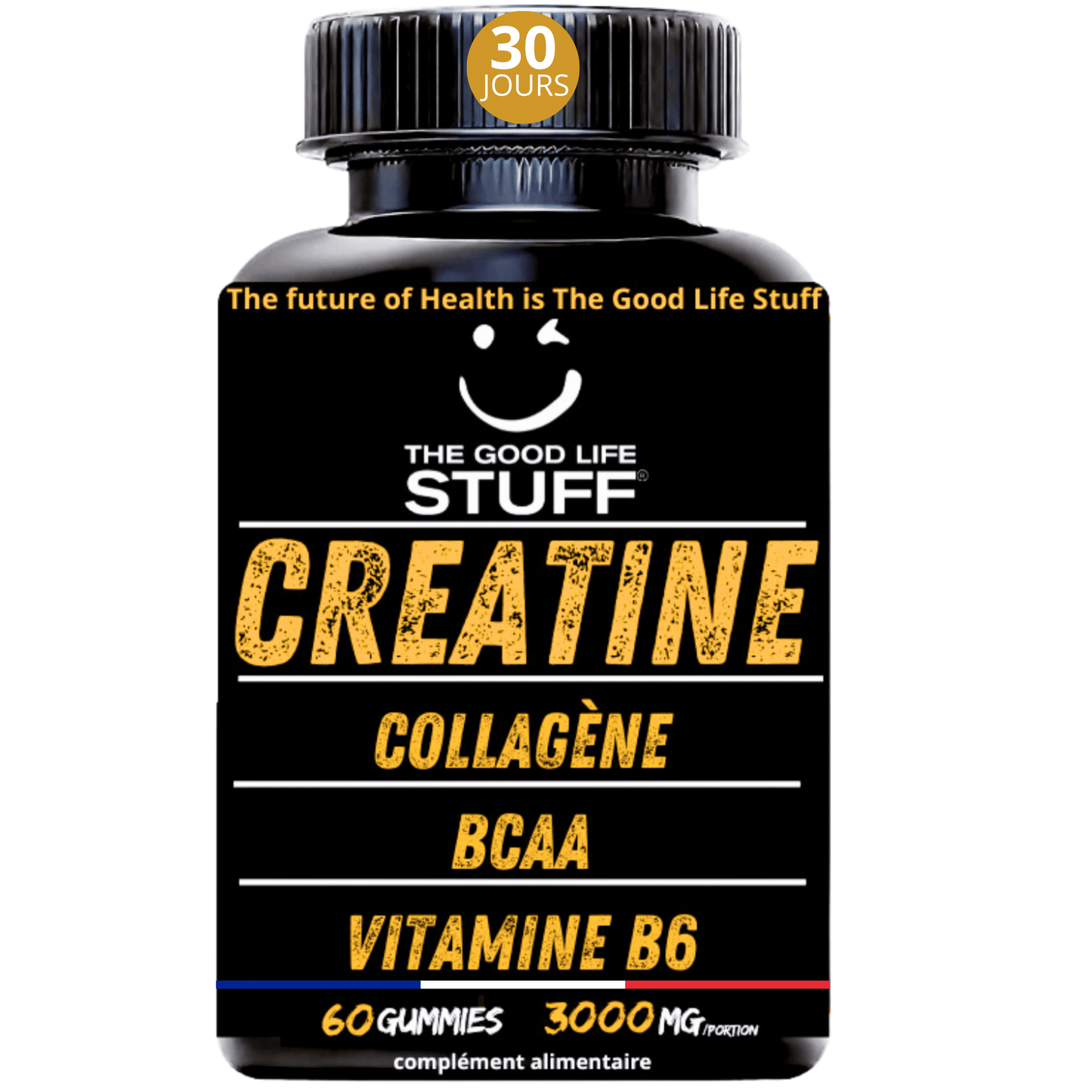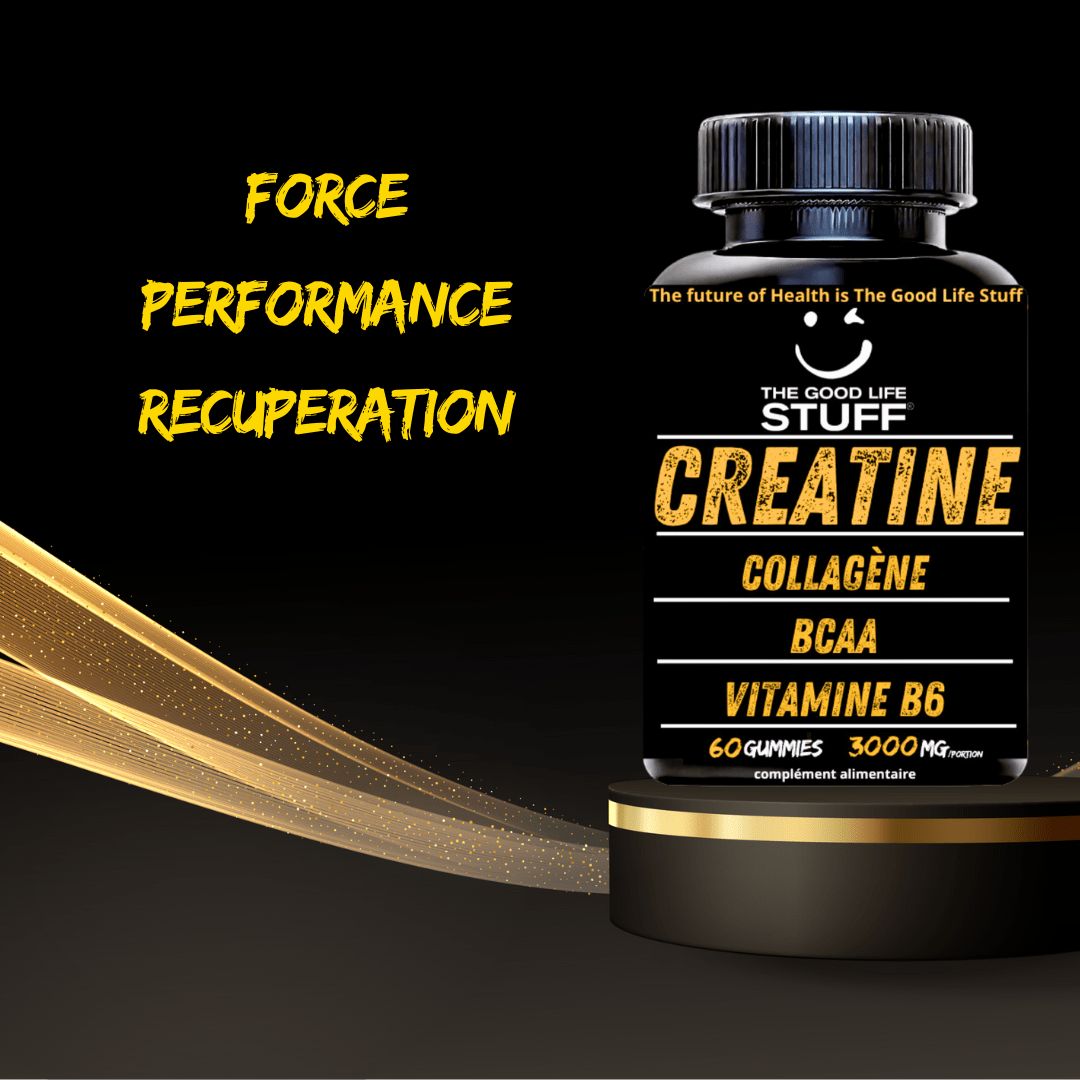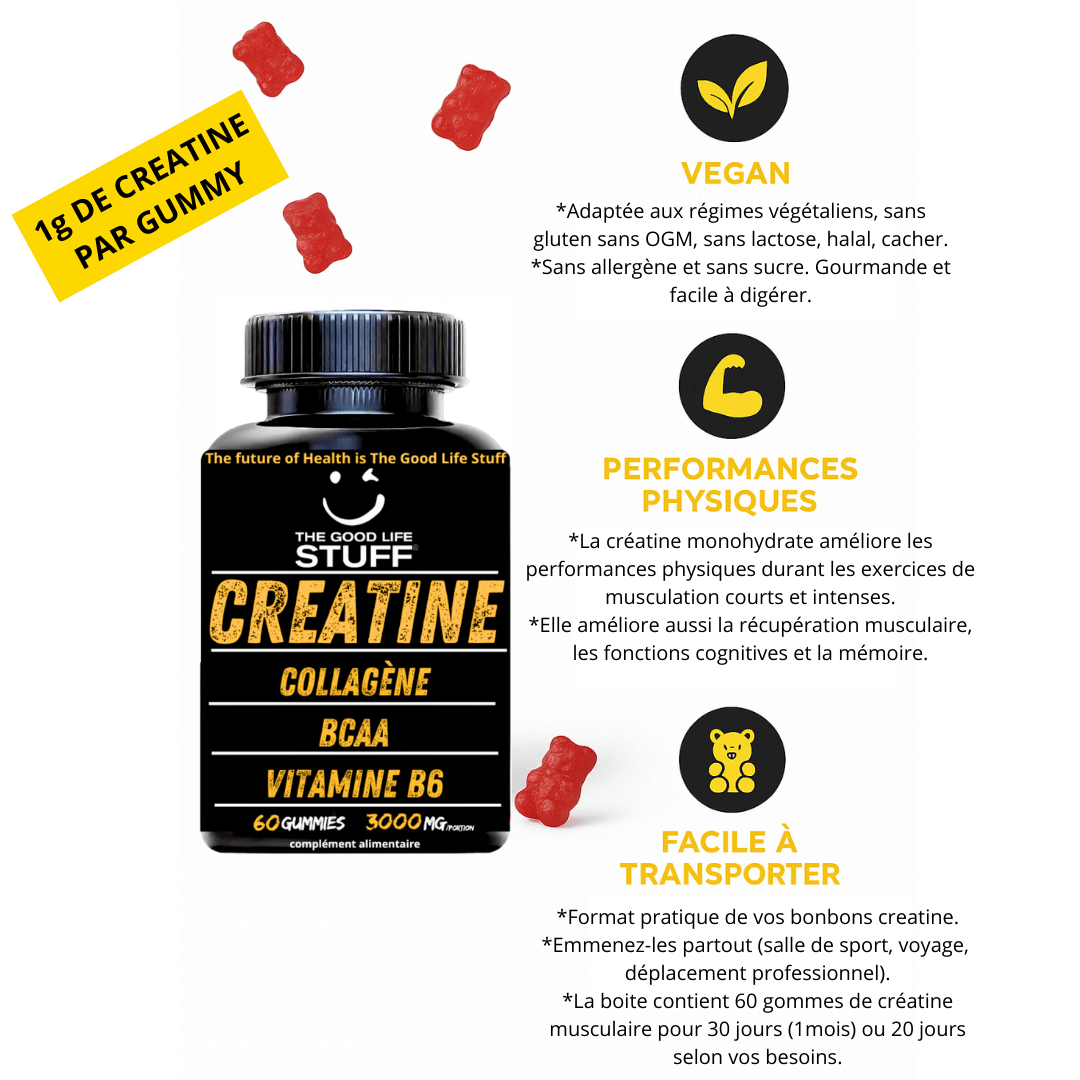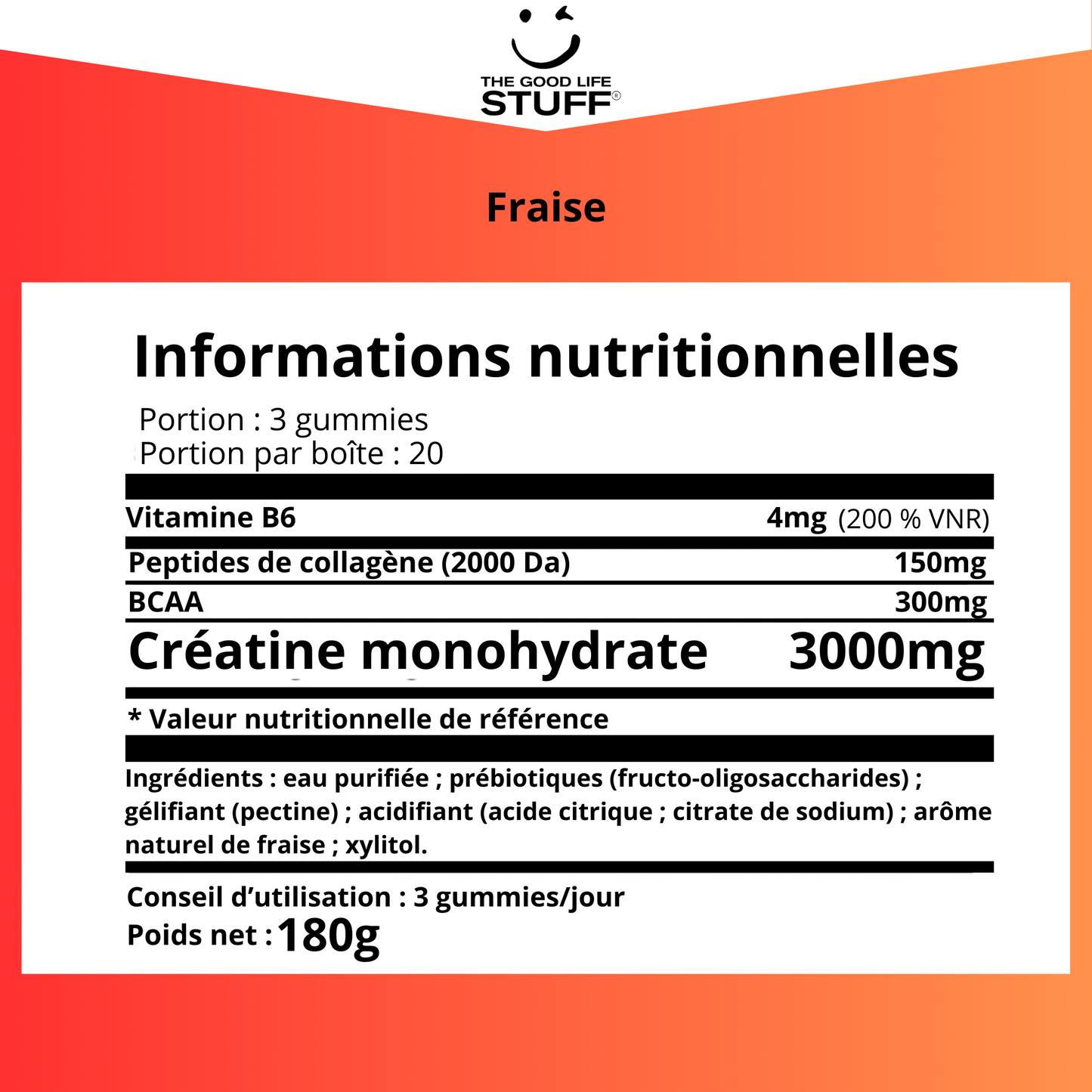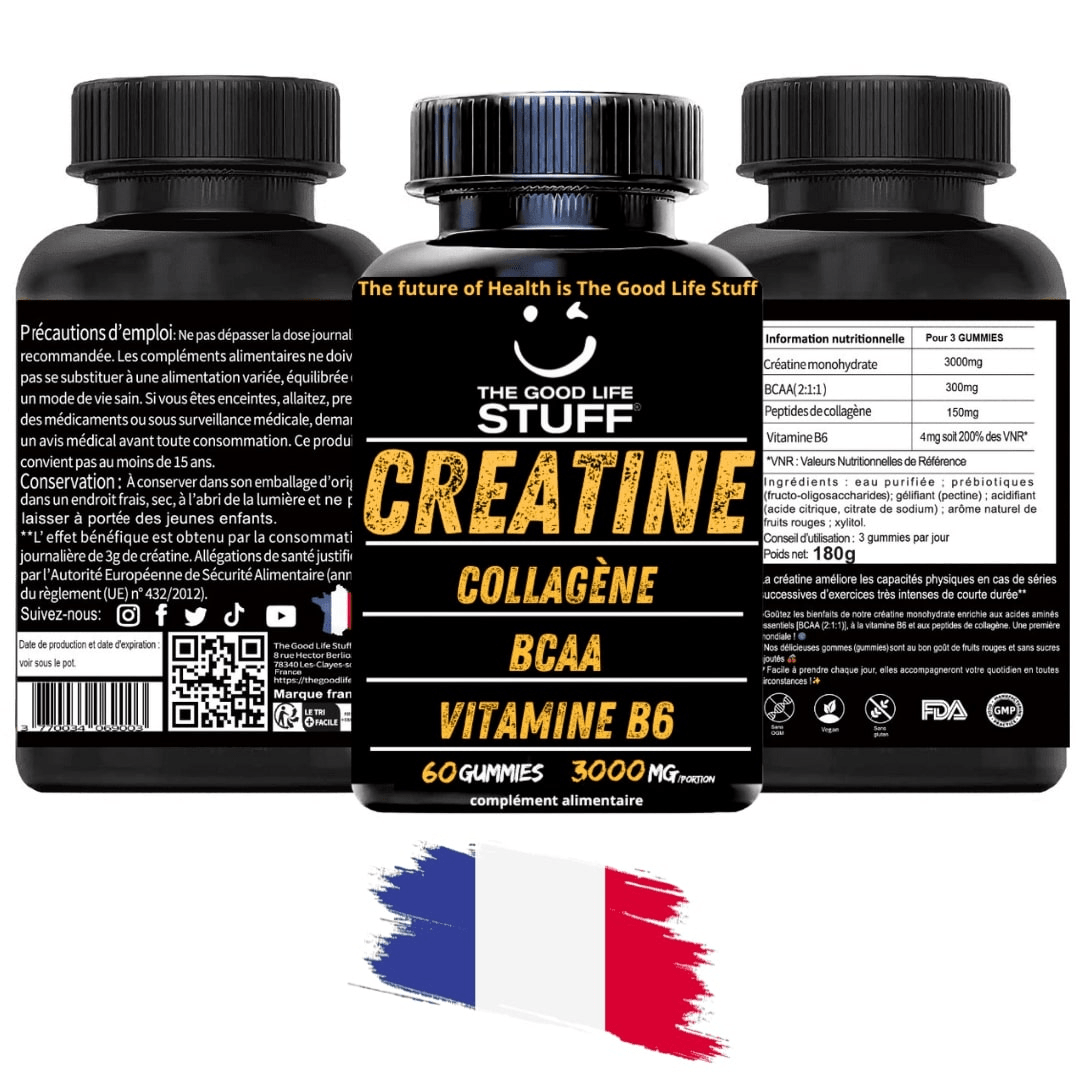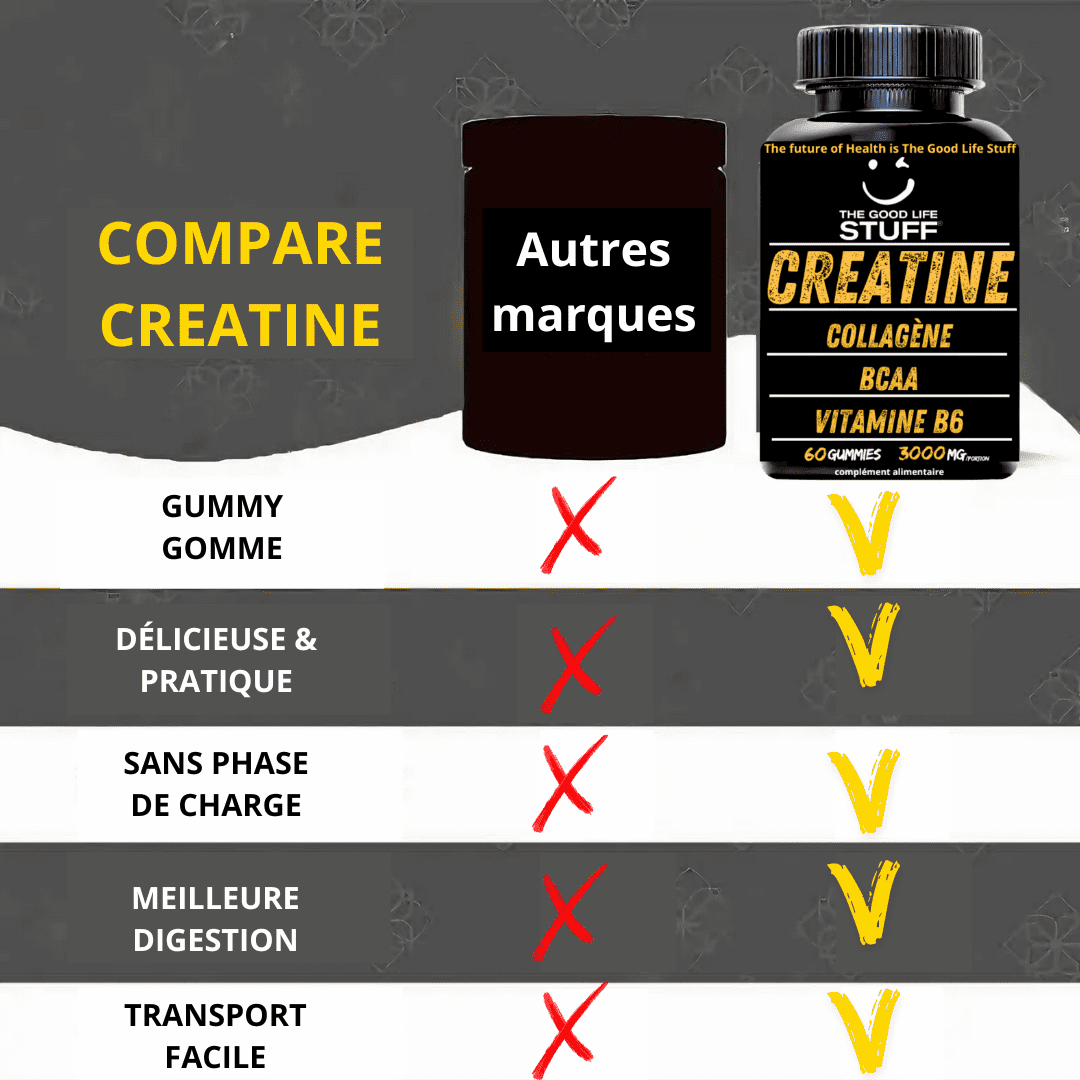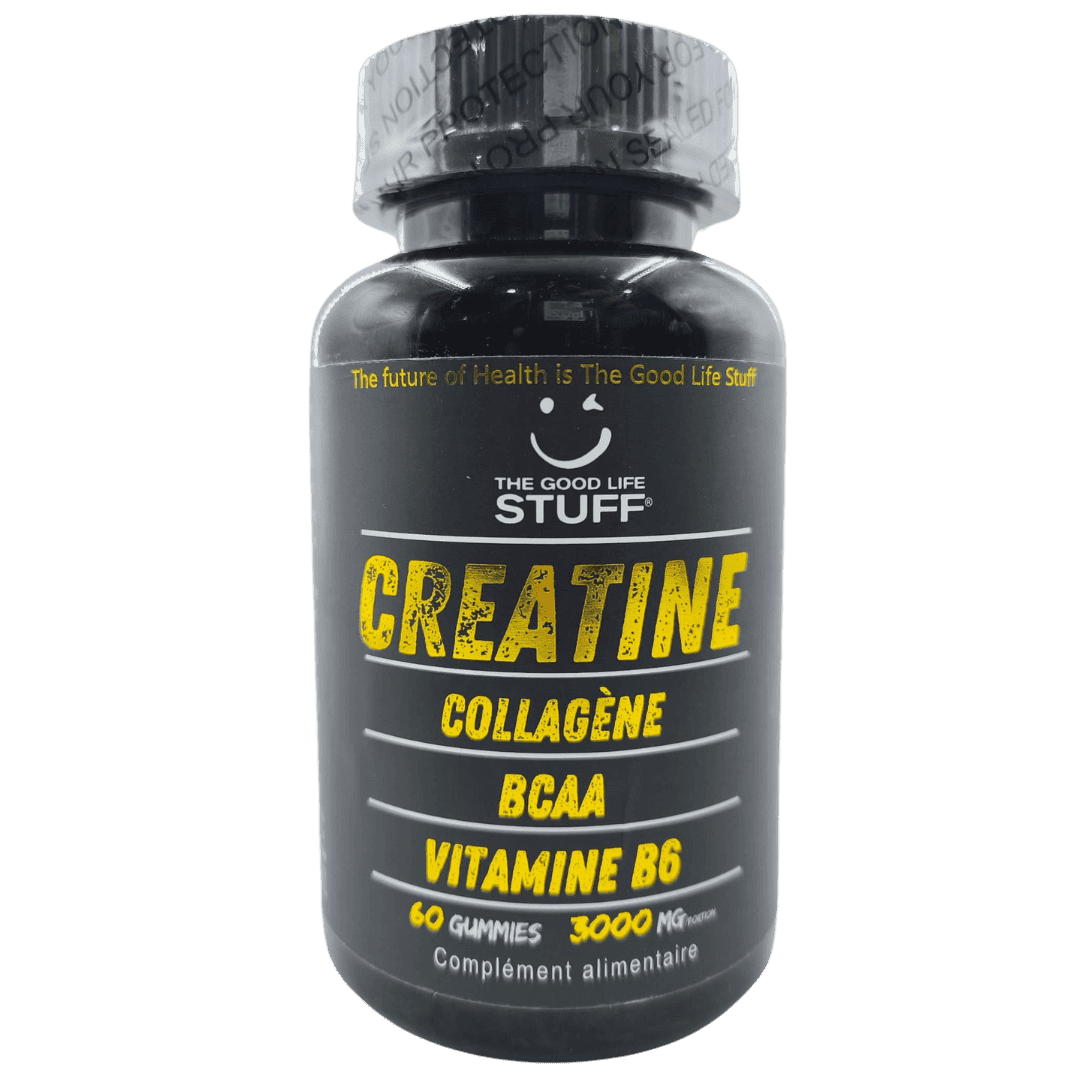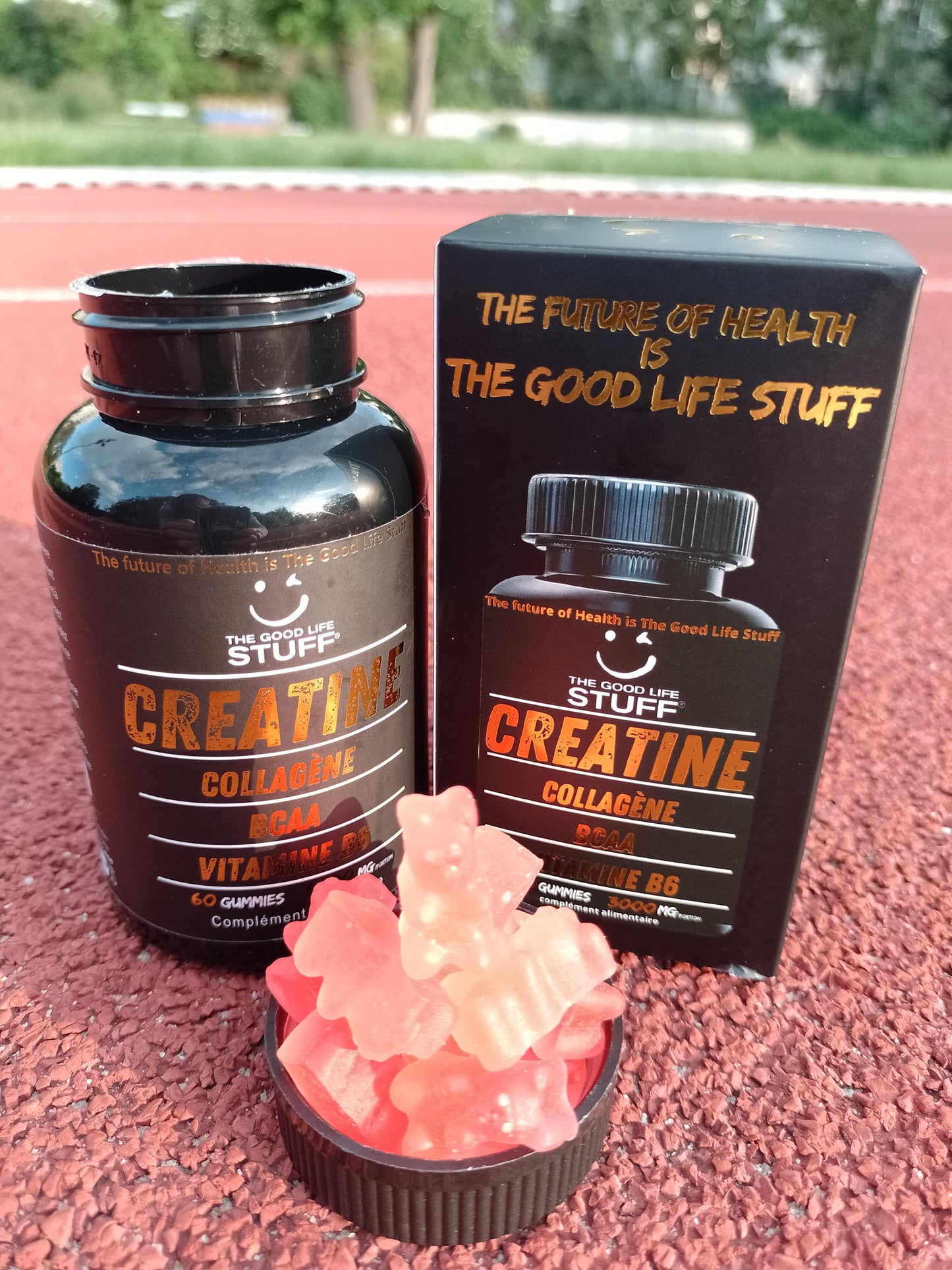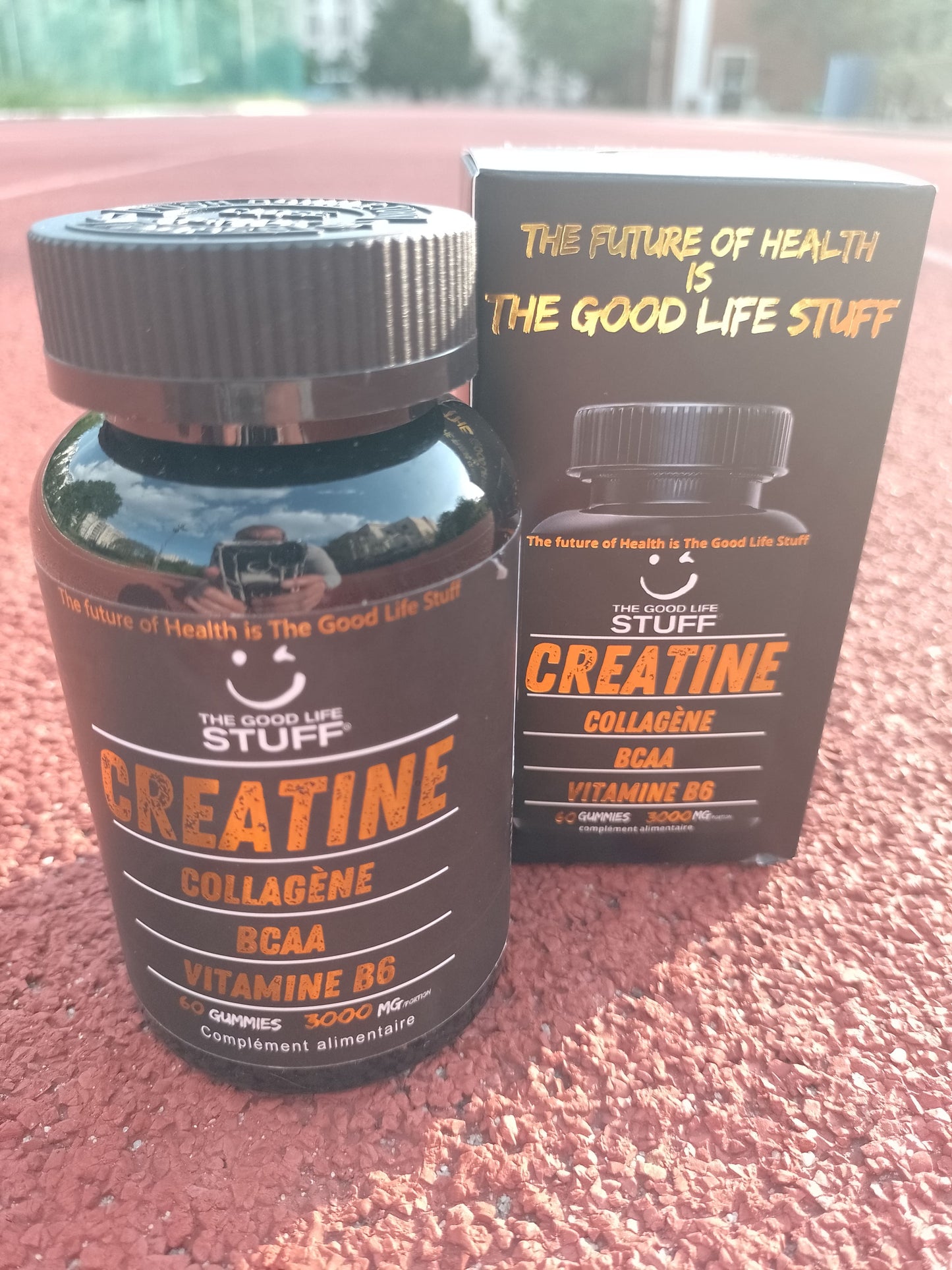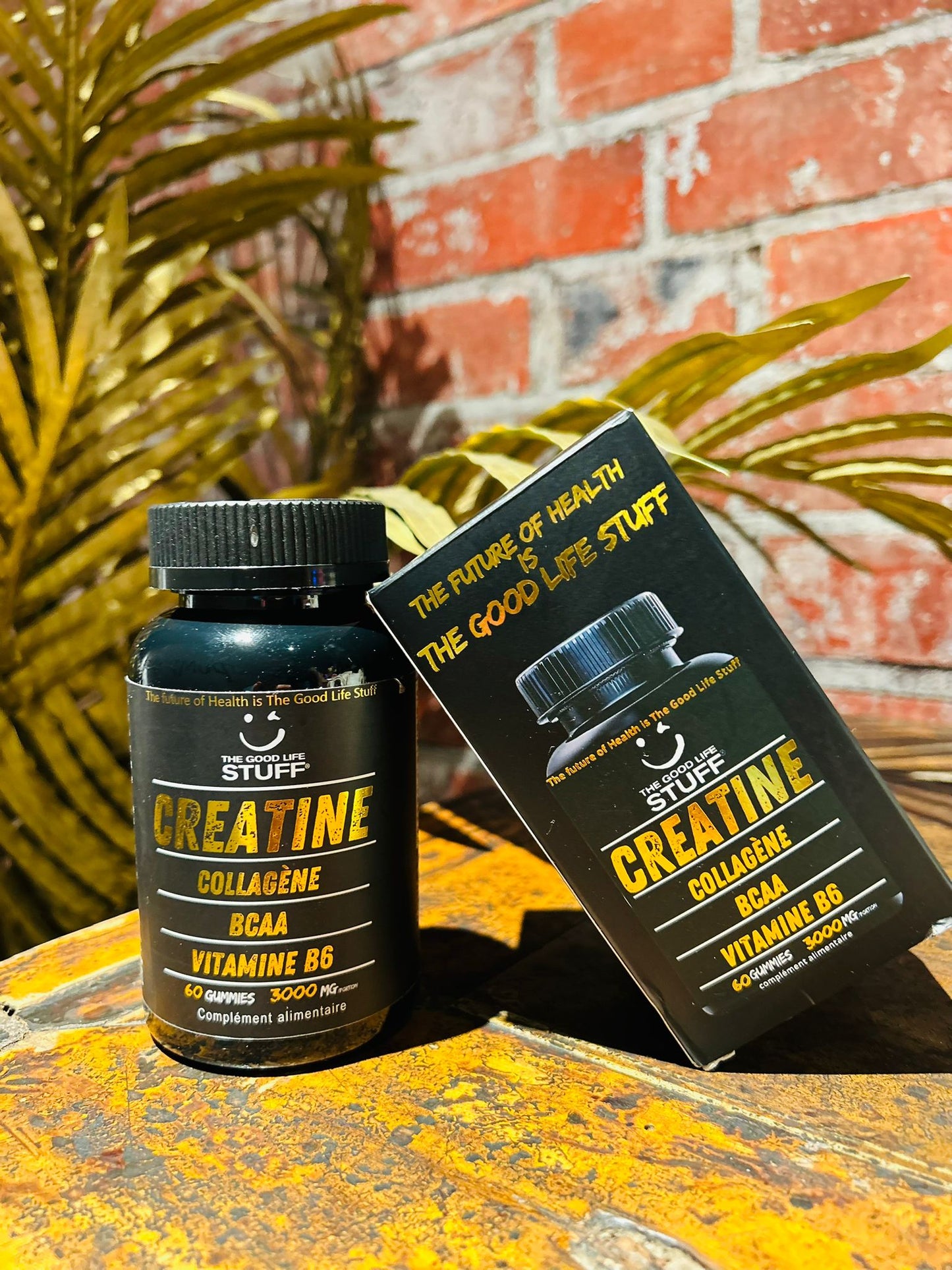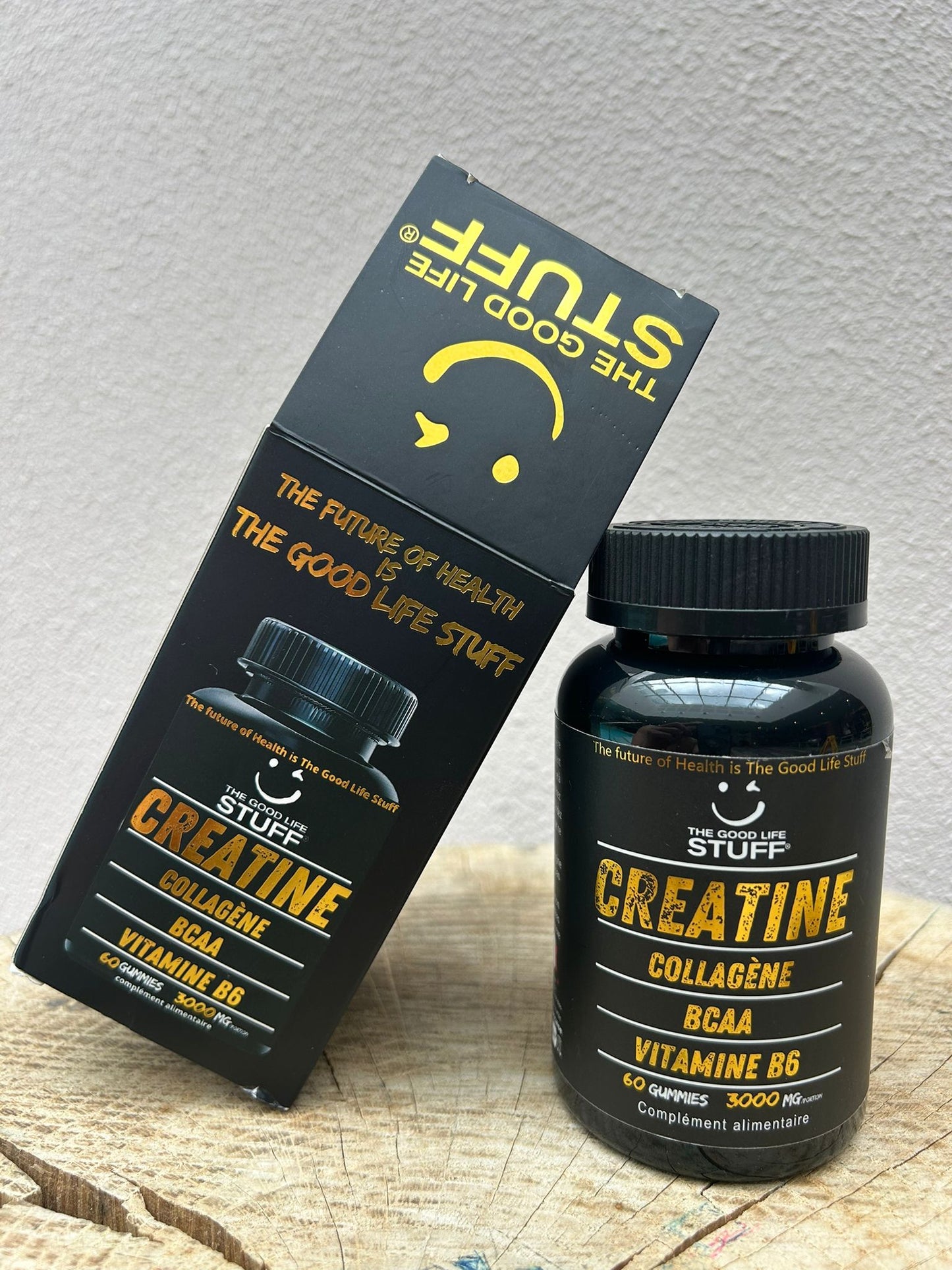Are collagen supplements effective?
I. Introduction
Unveiling the Mystery of Collagen Supplements
Collagen has become a buzzword in the realm of health and beauty, with supplements claiming to offer a plethora of benefits, from youthful skin to improved joint health. But do these supplements truly live up to the hype? This comprehensive guide delves into the science behind collagen, its effectiveness, and how to choose the right supplement for your needs.
Understanding Collagen
Collagen, the most abundant protein in the human body, plays a crucial role in maintaining the structure and integrity of various tissues, including skin, bones, cartilage, and tendons. It provides a framework for tissues to support and connect, ensuring their strength and flexibility.
What Are Collagen Supplements?
Collagen supplements come in various forms, including powders, capsules, and liquids. They are typically derived from animal sources, such as bovine or marine collagen, or from plant-based sources like soy or pea protein. These supplements aim to increase collagen levels in the body, potentially addressing issues related to aging and tissue degeneration.
II. The Science Behind Collagen
How Collagen Functions in the Body
Collagen serves as the building block for various connective tissues, providing strength, elasticity, and support. It is composed of amino acids, which form polypeptide chains that intertwine and strengthen the structure of tissues.
Role of Collagen in Skin Health
Collagen plays a vital role in skin health, providing the framework for the skin's structure. As we age, collagen production declines, leading to wrinkles, fine lines, and loss of skin elasticity. Collagen supplements aim to replenish collagen stores, potentially improving skin texture, reducing wrinkles, and enhancing skin hydration.
Collagen and Joint Health
Collagen is a crucial component of cartilage, the connective tissue that cushions joints and reduces friction during movement. With age, collagen production decreases, leading to cartilage degeneration and joint pain. Collagen supplements may help improve joint health by increasing collagen synthesis and reducing cartilage breakdown.
Types of Collagen Supplements
Collagen Types and Their Functions
There are 16 different types of collagen, each with specific functions in the body. Collagen types I, II, and III are the most common and are found in various tissues, including skin, bones, and cartilage.
Sources of Collagen Supplements
Collagen supplements are typically derived from animal or plant-based sources. Animal collagen, such as bovine or marine collagen, is believed to have better bioavailability, meaning the body can absorb it more effectively. Plant-based collagen alternatives are gaining popularity for those with dietary restrictions or ethical concerns.
III. Effectiveness of Collagen Supplements
Efficacy of Collagen Supplements
Research on the effectiveness of collagen supplements is ongoing, with some studies showing promising results and others indicating limited benefits. The effectiveness may depend on individual factors, such as age, overall health, and the type and quality of the supplement used.
Scientific Studies and Research
Several studies have investigated the effects of collagen supplements on skin health and joint pain. Some studies have shown improvements in skin elasticity, wrinkle reduction, and joint pain relief, while others have shown no significant effects.
Benefits and Results from Users
Anecdotal evidence suggests that collagen supplements may provide benefits for skin health, joint pain, and overall well-being. Users report improvements in skin texture, reduction in wrinkle appearance, and increased mobility.
Factors Affecting Effectiveness
Dosage and Absorption
The recommended dosage of collagen supplements varies depending on the type, source, and intended use. Adequate absorption of collagen is crucial for its effectiveness. Some studies suggest that hydrolyzed collagen, which is broken down into smaller peptides, may be absorbed more efficiently.
Quality and Purity of Supplements
The quality and purity of collagen supplements play a significant role in their effectiveness. Look for supplements from reputable brands that provide third-party lab testing to ensure purity and safety.
IV. Choosing the Right Collagen Supplement
Tips for Selecting the Best Supplement
Choosing the right collagen supplement depends on your individual needs and goals. Consider factors such as the type of collagen, source, dosage form, and any additional ingredients. Our Collagen Greens Superfood Powder is the best anyway, period!
Reading Labels and Understanding Ingredients
Read labels carefully to understand the type of collagen, source, dosage, and any additional ingredients. Look for supplements that are free from artificial additives, fillers, and preservatives.
Considerations for Different Health Goals
Consider your specific health goals when selecting a collagen supplement. For skin health, look for supplements that contain collagen types I and III. For joint health, consider supplements that contain collagen type II.
V. Potential Side Effects and Risks
Understanding Potential Risks
While collagen supplements are generally considered safe for most individuals, there are potential side effects and risks to be aware of.
Side Effects and Allergies
-
Gastrointestinal issues: Some individuals may experience mild gastrointestinal discomfort, such as bloating, diarrhea, or constipation, after starting collagen supplements.
-
Allergic reactions: Individuals with allergies to shellfish or fish may experience allergic reactions to collagen supplements derived from marine sources.
Interactions with Medications
Consult with your healthcare provider before starting collagen supplements if you are taking any medications. Some medications may interact with collagen supplements, potentially affecting their absorption or efficacy.
VI. Conclusion: Summarizing the Effectiveness of Collagen Supplements
The effectiveness of collagen supplements remains an area of ongoing research. While some studies suggest potential benefits for skin health and joint pain, more conclusive evidence and long-term studies are needed to establish definitive recommendations. Individual factors, such as age, overall health, and the type and quality of the supplement used, may influence the effectiveness. If considering collagen supplements, consult with your healthcare provider to determine if they are appropriate for your needs and goals. Approach collagen supplements with a balanced perspective, incorporating them into a healthy lifestyle that includes a nutritious diet and regular exercise. While collagen supplements may offer some potential benefits, they should not be considered a magic bullet for aging-related issues.
VII. Frequently Asked Questions (FAQs)
Common Questions About Collagen Supplements
FAQ 1: At what age should I start taking collagen supplements?
There is no definitive answer to this question, as individual needs may vary. However, some experts suggest that starting collagen supplements in the mid-twenties to early thirties may help maintain collagen levels and potentially slow down the signs of aging.
FAQ 2: Can I take collagen supplements with other supplements?
In general, it is safe to take collagen supplements with other supplements, such as protein powder or multivitamins. However, it is always advisable to consult with your healthcare provider to ensure there are no potential interactions.
FAQ 3: How long does it take to see results from taking collagen supplements?
The time it takes to see noticeable results from collagen supplements can vary depending on individual factors, such as age, overall health, and the type and quality of the supplement used. Some individuals may notice improvements within a few weeks, while others may take several months to see significant changes.
FAQ 4: Are collagen supplements effective for everyone?
The effectiveness of collagen supplements may vary depending on individual factors and the specific health concerns being addressed. While some research suggests potential benefits for skin health and joint pain, more conclusive studies are needed.
FAQ 5: Are collagen supplements safe for pregnant or breastfeeding women?
Consult with your healthcare provider before starting collagen supplements if you are pregnant or breastfeeding. There is limited research on the safety and effectiveness of collagen supplements in these populations.
FAQ 6: Can I take collagen supplements if I have a food allergy?
If you have a food allergy, particularly to shellfish or fish, proceed with caution when considering collagen supplements. Look for supplements that clearly state the source of collagen and avoid those derived from sources that may trigger an allergic reaction.
FAQ 7: Can I take collagen supplements as a substitute for a healthy diet and lifestyle?
Collagen supplements should not be considered a replacement for a healthy diet and lifestyle. A balanced diet rich in fruits, vegetables, and whole grains provides essential nutrients that support overall health and well-being.
FAQ 8: What is the difference between different types of collagen supplements?
Collagen supplements come in various forms, such as powders, capsules, and liquids. They are typically derived from animal or plant-based sources. The type of collagen, source, dosage form, and additional ingredients may vary depending on the supplement.
FAQ 9: How can I ensure I am getting high-quality collagen supplements?
Look for supplements from reputable brands that provide third-party lab testing to verify the quality and purity of their products. Check for labels that clearly state the type of collagen, source, and dosage.
FAQ 10: What are the potential side effects of collagen supplements?
Potential side effects may include mild gastrointestinal discomfort and allergic reactions in individuals with shellfish or fish allergies. Consult with your healthcare provider if you experience any adverse reactions after starting collagen supplements.


